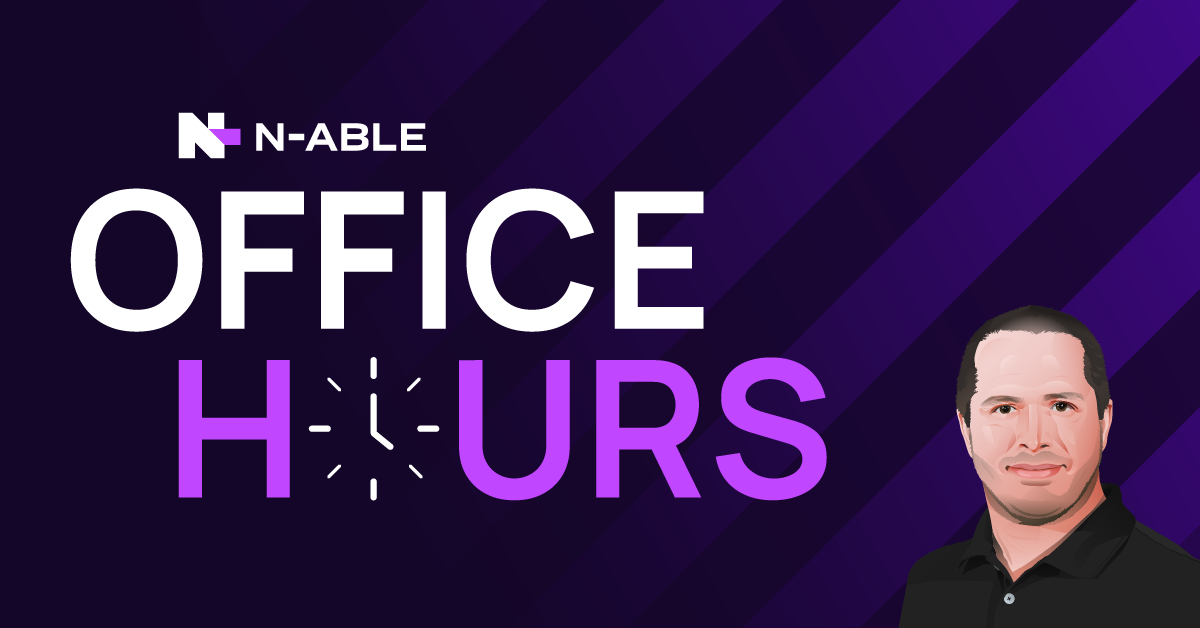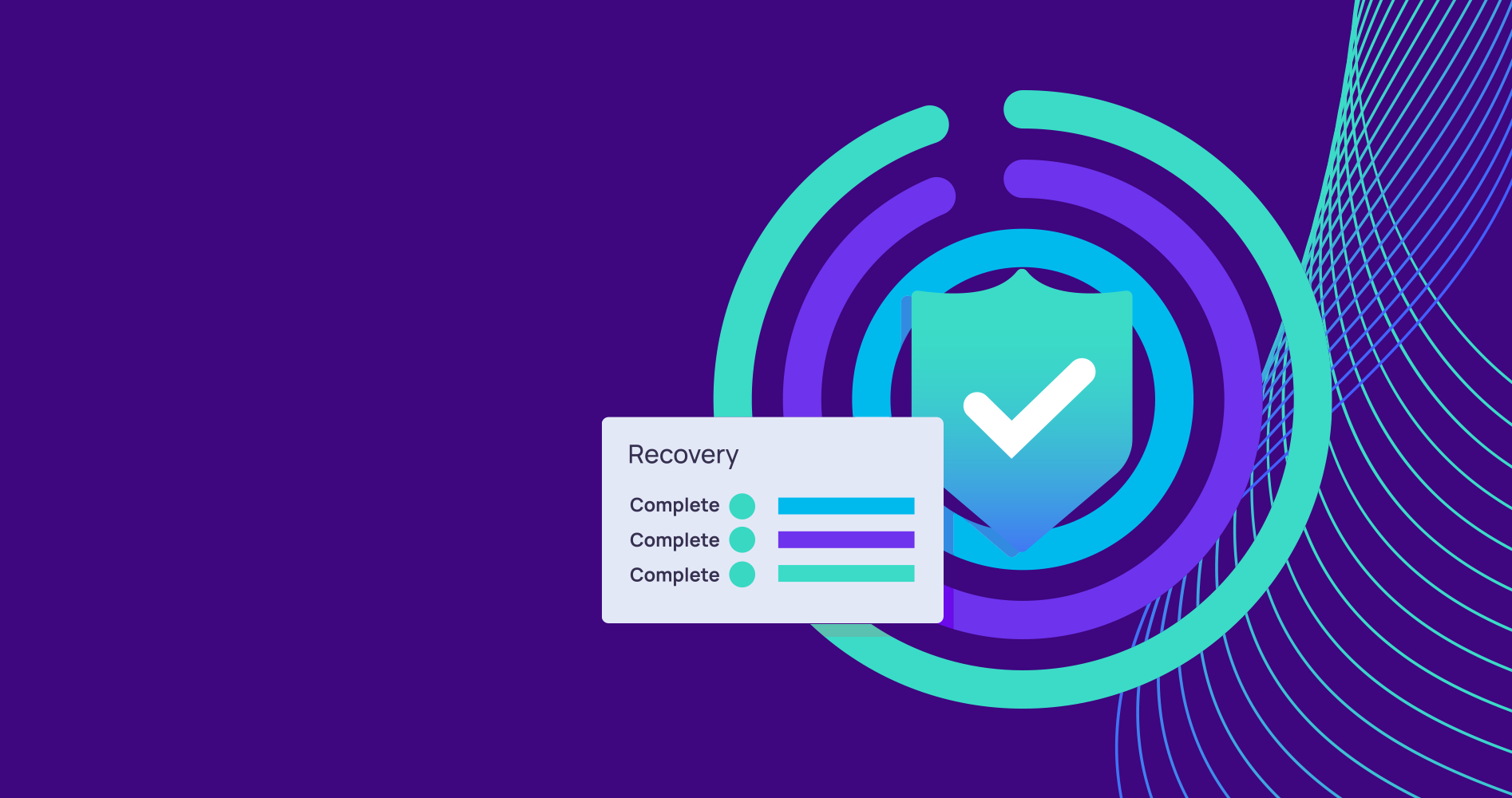Ethical Hacking Definition and Overview
Ethical hacking, also known as «white hat hacking,» is the practice of intentionally testing computer systems, networks, and applications for security vulnerabilities using the same techniques that malicious hackers employ. However, ethical hackers operate with explicit permission from system owners and work to strengthen security rather than compromise it.
Unlike their malicious counterparts, ethical hackers follow a strict code of conduct. They obtain proper authorization before testing, document their findings comprehensively, and provide detailed recommendations for remediation. Their ultimate goal is protecting organizations from genuine cyber threats by exposing weaknesses in a controlled, legal environment.
The distinction between ethical and malicious hacking lies primarily in intent and authorization. While black hat hackers seek personal gain, cause damage, or steal sensitive information, ethical hackers are hired to improve security postures and protect valuable assets.
Why Ethical Hacking Matters for Your Organization
After the recent proliferation of AI tools, the cybersecurity landscape has become even more increasingly complex. Organizations face sophisticated threats from AI-powered tools, ransomware groups, nation-state actors, and financially motivated cybercriminals. Traditional security measures alone are no longer sufficient to protect against these evolving threats.
Ethical hacking provides a unique perspective that internal security teams often miss. These professionals think like attackers, understanding how vulnerabilities can be chained together to create significant security breaches. They test not just technical controls but also human elements, examining how social engineering tactics might compromise even the most sophisticated security systems.
For MSPs and IT professionals, ethical hacking offers invaluable insights into client or own environments. It demonstrates real-world attack scenarios, helping prioritize security investments and justify budget allocations for critical security improvements.
How Ethical Hacking Works in Practice
Ethical hackers follow a systematic methodology that mirrors actual cyberattacks. The process typically begins with reconnaissance, where hackers gather information about target systems, network topology, and potential entry points. This phase involves both passive techniques, such as researching publicly available information, and active methods like network scanning.
The scanning phase involves identifying open ports, running services, and potential vulnerabilities within the target environment. Ethical hackers use specialized tools to map network architectures and discover systems that may be misconfigured, unpatched, or having un-secured, rogue devices.
During the gaining access phase, ethical hackers attempt to exploit discovered vulnerabilities. They may leverage application flaws, weak authentication mechanisms, or social engineering tactics to demonstrate how real attackers could compromise systems. This phase provides concrete evidence of security gaps and their potential impact.
Maintaining access involves establishing persistent connections to compromised systems, simulating how advanced persistent threats operate. Ethical hackers test whether security monitoring systems can detect and respond to ongoing intrusions.
Finally, the covering tracks phase demonstrates how attackers might hide their activities from security teams. This helps organizations understand the importance of comprehensive logging and monitoring capabilities.
Adlumin MDR: Advanced 24/7 managed security
Essential Skills for Ethical Hacking
Successful ethical hackers possess diverse technical competencies spanning multiple domains. Programming skills in languages like Python, Java, and SQL enable them to understand application vulnerabilities and develop custom exploitation tools. Network knowledge allows them to navigate complex infrastructures and identify communication weaknesses.
Operating system expertise across Windows, Linux, and mobile platforms ensures comprehensive security assessments. Understanding database technologies, web applications, and cloud environments has become increasingly critical as organizations adopt hybrid and multi-cloud architectures.
Beyond technical abilities, ethical hackers need strong analytical and problem-solving skills. They must think creatively to identify attack vectors that automated tools might miss while communicating findings effectively to both technical and executive audiences.
Professional certifications validate ethical hacking expertise and demonstrate commitment to ethical practices. The Certified Ethical Hacker certification from EC-Council remains the most recognized credential in the field. Other valuable certifications include CompTIA PenTest+, SANS GIAC Penetration Tester, and Offensive Security Certified Professional credentials.
Building Your Ethical Hacking Career
The demand for ethical hacking professionals continues to grow as organizations recognize the value of proactive security testing. Career paths range from independent consultants to internal security team members at large enterprises. Government agencies, financial institutions, healthcare organizations, and technology companies actively seek ethical hacking expertise.
Entry-level positions often focus on vulnerability assessments and basic penetration testing tasks. With experience, professionals can specialize in areas like web application security, wireless network testing, or social engineering assessments. Senior roles involve leading complex engagements, developing testing methodologies, and mentoring junior team members.
Continuous learning is essential in this field. New attack techniques emerge regularly, and security technologies constantly change. Successful ethical hackers stay current through ongoing training, industry conferences, and hands-on practice in controlled environments.
The Value Ethical Hacking Brings to Organizations
Ethical hacking provides tangible security improvements that traditional security assessments often miss. Rather than relying solely on automated vulnerability scanners, ethical hackers demonstrate how multiple minor vulnerabilities can combine to create major security risks.
These assessments help organizations prioritize security investments based on actual risk rather than theoretical threats. When ethical hackers successfully compromise critical systems, it provides compelling justification for security budget increases and process improvements.
The documentation provided after ethical hacking engagements serves as roadmaps for security enhancements. Detailed reports include not just vulnerability listings but practical remediation steps and risk assessments that help organizations make informed decisions about security priorities.
Ethical Hacking and Comprehensive Security Strategy
While ethical hacking provides valuable security insights, it works best as part of a comprehensive security program. Organizations need robust monitoring capabilities to detect real threats, reliable backup and recovery systems to minimize attack impact, and well-trained staff to respond effectively to incidents.
The N‑able Ecoverse Platform complements ethical hacking assessments by providing continuous monitoring and automated threat response capabilities. When ethical hackers identify vulnerabilities, comprehensive security platforms can help implement the necessary controls and monitor for ongoing threats.
The combination of proactive ethical hacking assessments and reactive security technologies creates layered defense strategies that address both known and unknown threats. This approach ensures organizations remain protected even as the threat landscape continues evolving.
Ethical hacking represents a critical component of modern cybersecurity strategies. By leveraging the same techniques that malicious actors use, organizations can identify and address security weaknesses before they become serious problems. For MSPs and IT professionals, understanding ethical hacking principles and integrating these assessments into client security programs demonstrates commitment to comprehensive protection.
Ready to strengthen your security posture with comprehensive threat detection and response capabilities? Explore security solutions from N‑able and discover how our platform can complement your ethical hacking assessments to provide complete protection for your organization.




